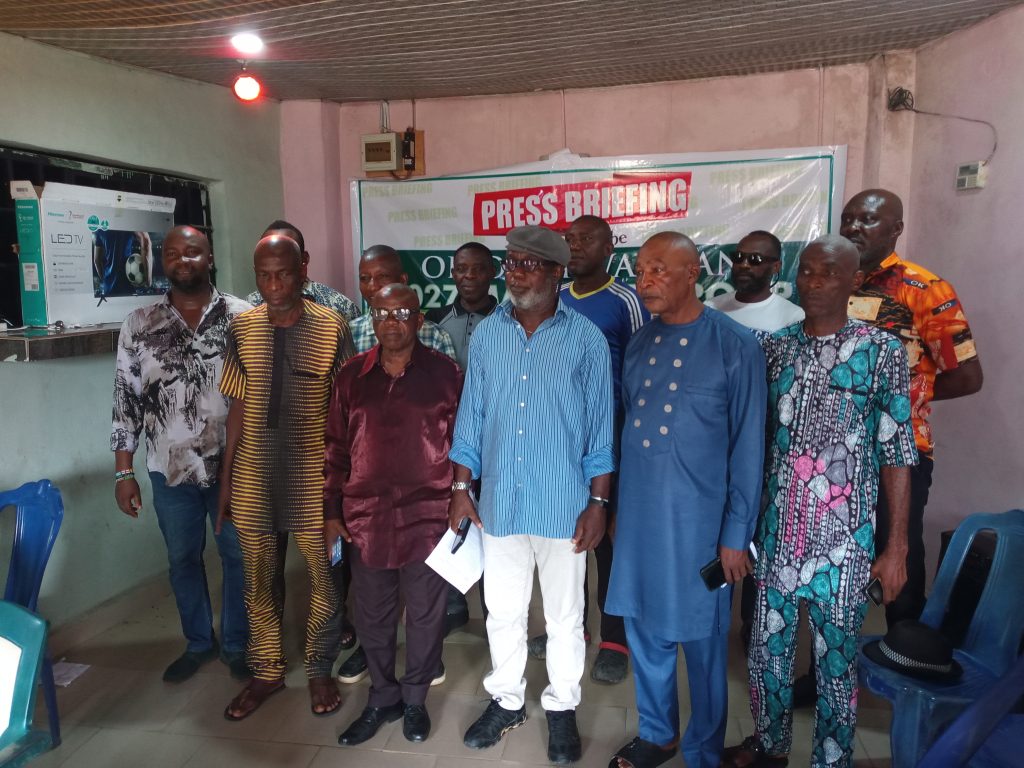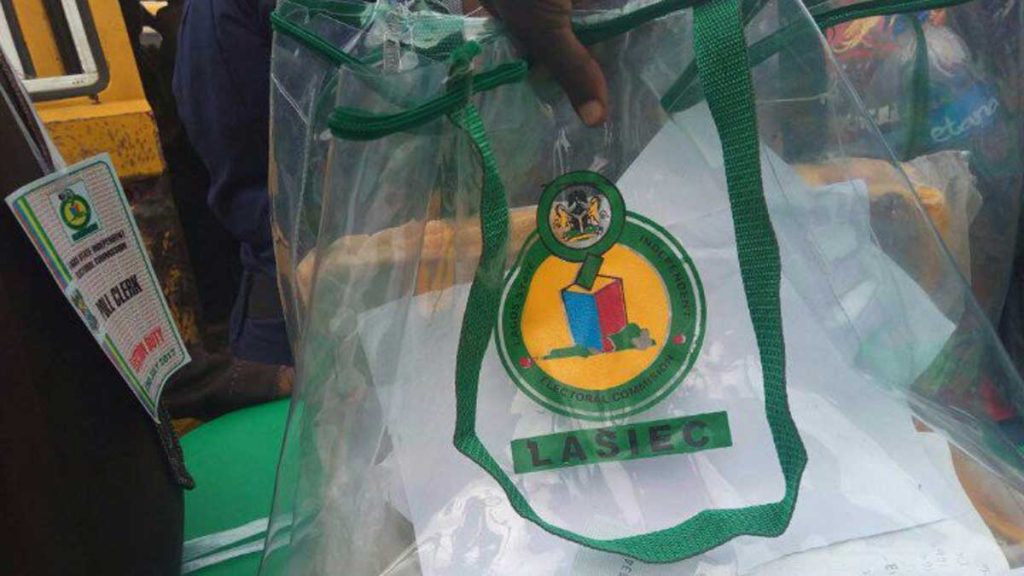Africa
Violent protests continue in Tunisia against President Saied

For a second week, crowds of Tunisians took to Tunis’ main avenue to denounce president Kais Saied, not long before the presidential election on October 6th.
They are accusing him of reinforcing authoritarian rule and suppressing political competition.
The demonstration, which took place amid a heavy police protest, comes after lawmakers put forward a bill that would take away the administrative court’s power to adjudicate electoral disputes.
The opposition insists that this would discredit the upcoming election, and lay the groundwork for Saied to clinch another term in office.
Earlier this month, the country’s electoral commission rejected a court ruling reinstating three presidential candidates, in what critics say is another example of Saied stamping out competition.
The president has denied accusations that he is using the electoral commission and judiciary to ensure a victory in October. Rather, he says he is waging a battle against traitors and the corrupt.
Political tensions in Tunisia have been on the rise since 2021, when Saied started to rule by decree. The opposition has called this move a ‘coup’.
Remembering the 2011 protest in Tunisia
The Tunisia protests, sparked by Mohamed Bouazizi’s self-immolation in 2010, marked a pivotal moment in the country’s history.
Frustrated with government corruption, economic hardship, and lack of political freedoms, Tunisians took to the streets, demanding change.
The Jasmine Revolution, also known as the Tunisian Revolution of Dignity, resulted in the ousting of President Zine El Abidine Ben Ali in January 2011.
The protests, fueled by high unemployment, food inflation, and widespread discontent, claimed 338 lives and left 2,174 injured.
The revolution’s aftermath saw Tunisia transition into a democratic state.
The Tunisian National Dialogue Quartet, comprising civil society organizations and unions, played a crucial role in building a pluralistic democracy, earning the 2015 Nobel Peace Prize.
Free and fair elections followed, establishing a new government and democratic institutions. Tunisia’s democratic shift served as a beacon of hope for the Arab Spring movements.
Today, Tunisia continues to navigate its democratic journey, addressing ongoing challenges and consolidating its gains.
For Diaspora Digital Media Updates click on Whatsapp, or Telegram. For eyewitness accounts/ reports/ articles, write to: citizenreports@diasporadigitalmedia.com. Follow us on X (Fomerly Twitter) or Facebook











